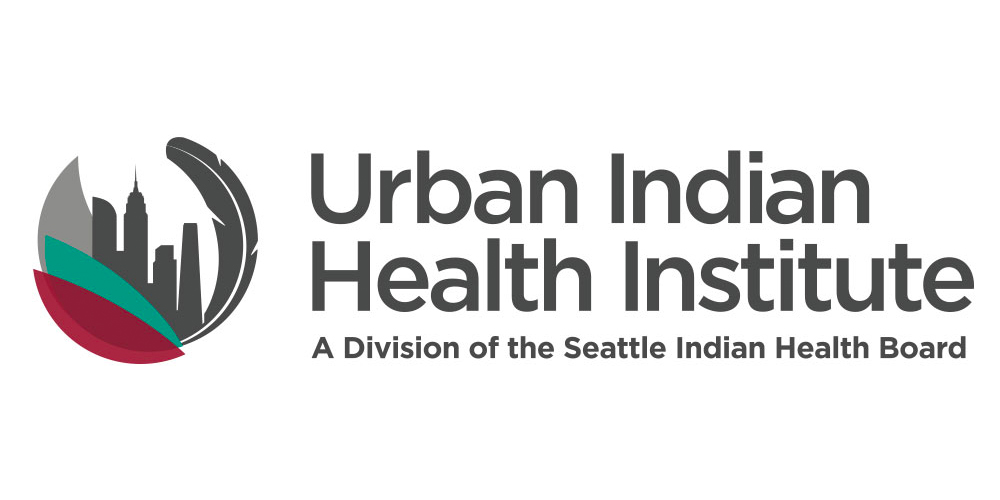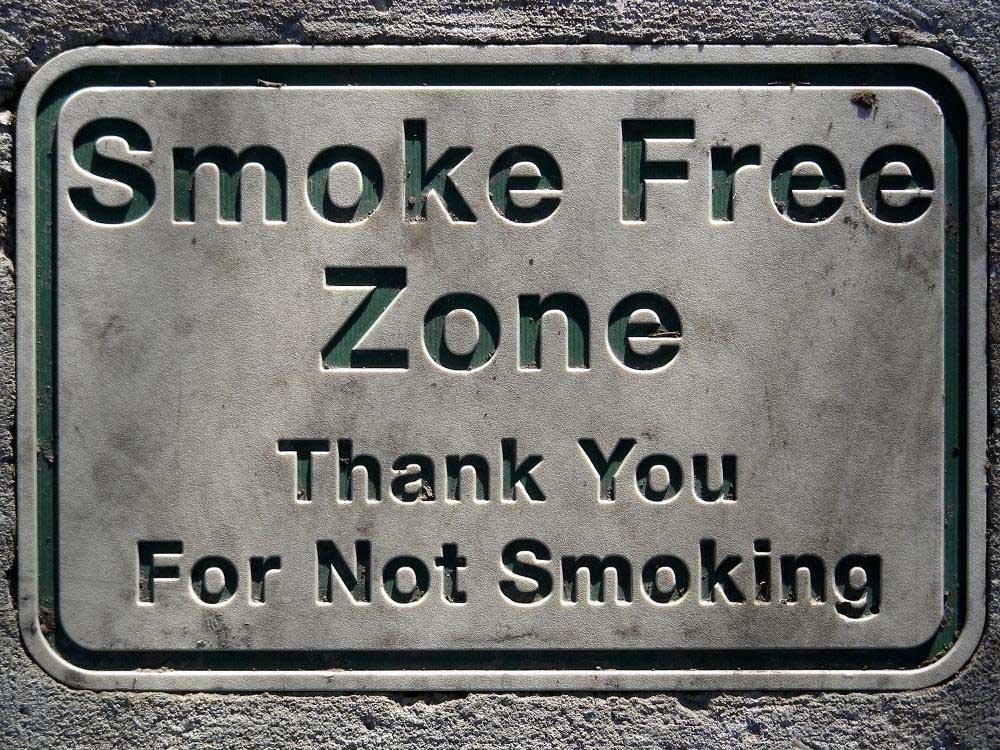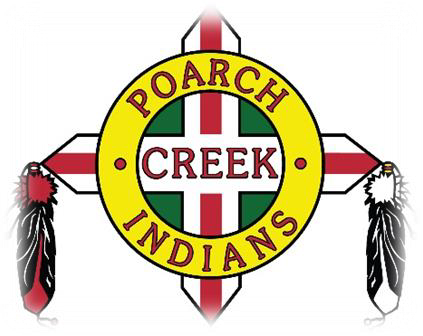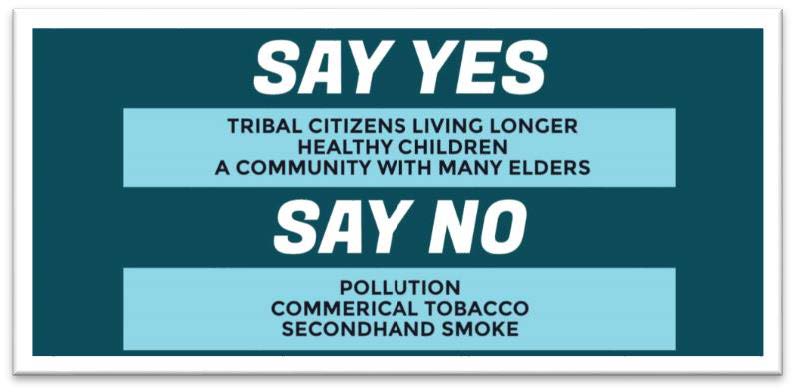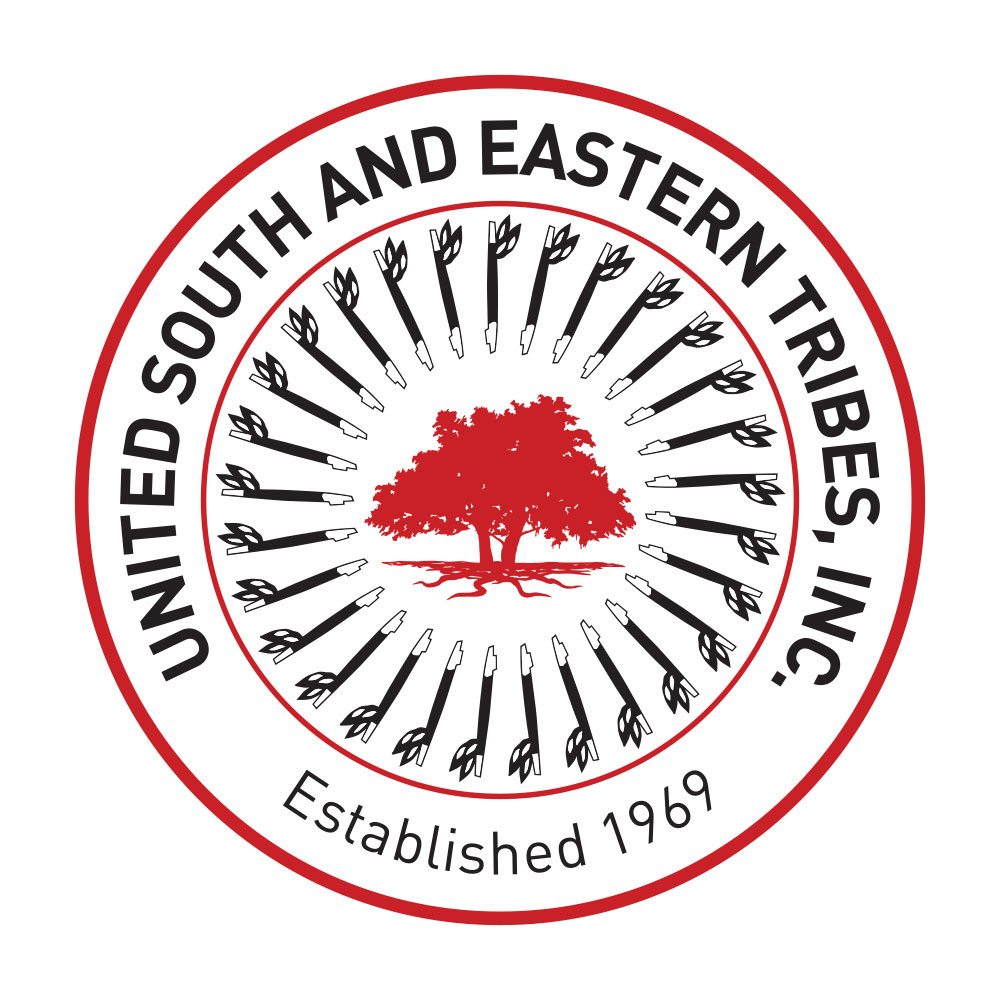Tribal nations are active and important contributors to public health, and tribal cultures have long fostered health and wellness among American Indians/Alaska Natives (AI/AN). The Centers for Disease Control and Prevention (CDC) invites you to share stories that show how you do just that, so they can be a part of an exciting new exhibit at the David J. Sencer CDC Museum in Atlanta.
Will you please widely share this call for stories with your tribal partners?
The exhibition — to be held from Sept 22, 2019, through May 1, 2020, in Atlanta—will recognize the public health contributions of the AI/AN community in a visually compelling, culturally appropriate manner. CDC’s exhibition will showcase how native traditions and wisdom have affected public health in the past and present, and how AI/AN people have made a difference in the health of their people.
Compared with other Americans, AI/AN people have higher rates of some diseases, disorders, and deaths. This call for stories offers an opportunity for individuals, tribes, tribal organizations, and others to showcase the strengths and resilience of tribal communities, their heritage and traditions, and how their culture addresses risk factors unique to tribes and promotes their health and well-being.
What Types of Stories Are Needed?
Please send stories that highlight how native traditions and wisdom have affected health, or show contributions of specific AI/AN individuals to health and wellness among AI/AN people. CDC will consider stories that represent the diverse array of tribes, tribal organizations, health issues, and people of Indian Country and AI/AN culture, such as:
- Locations—reservation and non-reservation, urban, rural, all geographic areas across the United States
- Health issues—environmental health, chronic diseases, infectious diseases, emergency preparedness and response, injury, behavioral health
- People—individuals, tribes, organizations
How To Submit A Story?
Story submissions, which should be no more than two pages, single spaced, and size 12 font, can be emailed to TribalSupport@cdc.gov by January 15, 2018. Please include website links to photos and pictures of objects that could be included in the exhibit, when available.
All submissions must include the following:
- Brief historical background information that puts the story in context. For example, what is the traditional or cultural practice? How did it contribute to health and wellness in AI/AN people in the past?
- A description of how this tradition or culture affects people’s lives today. The impact could be lives saved, suffering reduced, fewer visits to health care facilities, adoption of a healthier lifestyle, or other similar benefits. This section should also describe how the practice is promoted among tribes and AI/AN people.
- A list of potential photographs, pictures, documents, media, and objects that can be used to illustrate the story. Is there artwork or children’s drawings that represents the practice? Are there radio recordings, letters, posters, or other communications from public health efforts? Are there traditional objects that have evolved to become used in modern day? Are there objects that are still in use today? Please include images and files with the submission, if available.
CDC values the privacy and ownership rights of those in stories. As such, each agency, organization, or individual that contributes a story is responsible for obtaining any necessary permissions or releases from any parties involved in the story.
How Will Submissions Be Evaluated?
Submissions will be assessed based on the following criteria in the initial review:
- Impact. Is the story educational, inspiring, and persuasive? Does it clearly convey how the culture or tradition being practiced promotes health and wellness?
- Visual components. Are there compelling, high-resolution photographs that illustrate the story? Are there physical objects that are available for use in a museum exhibit? Are there opportunities for interactive displays or actions that could be part of an exhibit?
- Quality, clarity, and historical accuracy. Is the information presented accurately and clearly?
CDC intends to showcase a broad array of public health success stories from across Indian Country, so even if a story isn’t a part of the museum exhibit, it could still be showcased on other CDC channels, such as social media, websites, print materials, and presentations. We can’t wait to read your story!


